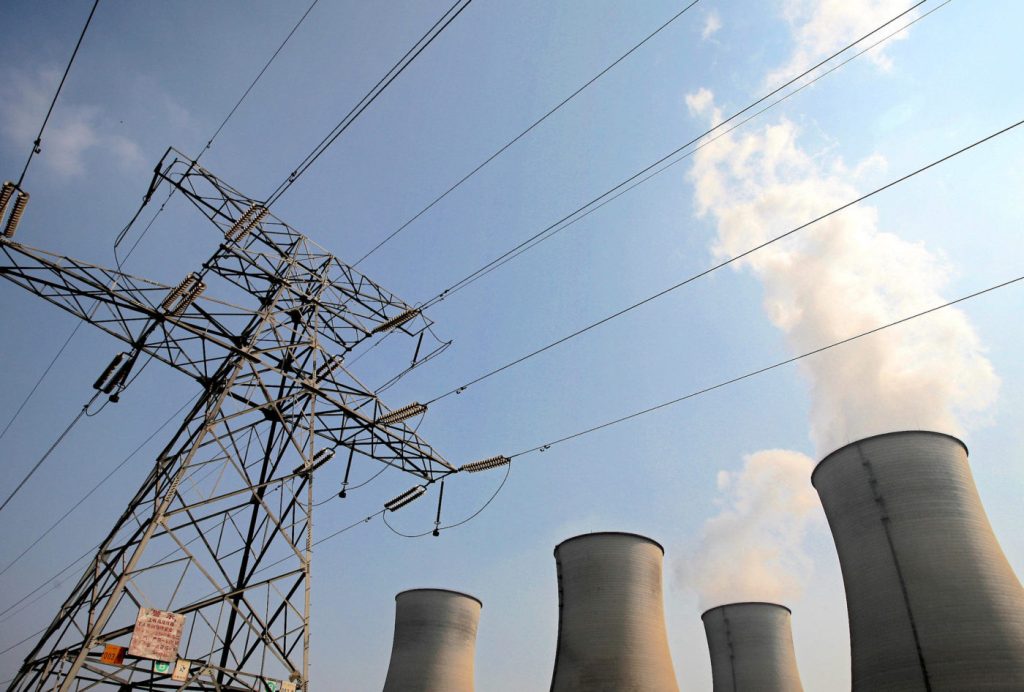Local protectionism is slowing China’s energy transition

Provincial favouritism of local generation firms over more efficient alternatives is resulting in higher costs and carbon emissions By: Xiang Chenxi, Lin Jiang, China Dialogue China is heavily reliant on coal for power generation. The power sector accounts for 43% of all energy-related CO2 emissions, as well as causing air pollution and other public health impacts. To address those issues and make power generation more efficient, the country launched a round of power market reforms in 2015. These focused on tougher oversight and price-setting for transmission and distribution networks, which were monopolies, while opening up the non-monopolistic generation and retail ends to competition.
